In the northern mountainous regions of Vietnam, there are two special spices that are considered gifts of nature. They are completely natural with the particular flavor of the mountains and forests. Anyone who tastes these two exotic spices once will never forget them. And they are Mac khen pepper (Zanthoxylum Rhetsa) and Maqaw/Lemon pepper (Litsea Cubeba). Or people call them by the same name: wild peppers. Let’s take a look:
Mac khen pepper (or wild pepper), scientifically known as Zanthoxylum Rhetsa, belongs to the Rutaceae family. This remarkable woody plant can reach heights of 14 to 18 meters with a straight trunk adorned with numerous thorns. Its flowering season occurs from June to July, and the harvesting phase takes place from October to November. The fruits grow in bunches, initially green, transitioning to a vibrant pink when ripe. The flavor profile of this exotic spice is unique; it offers a mild spiciness combined with a rich aroma, making it a beloved seasoning among the ethnic minorities in northwest Vietnam. The indigenous communities regard mac khen pepper not only as a crucial ingredient in their culinary practices but also as a vital representation of their culture and identity.
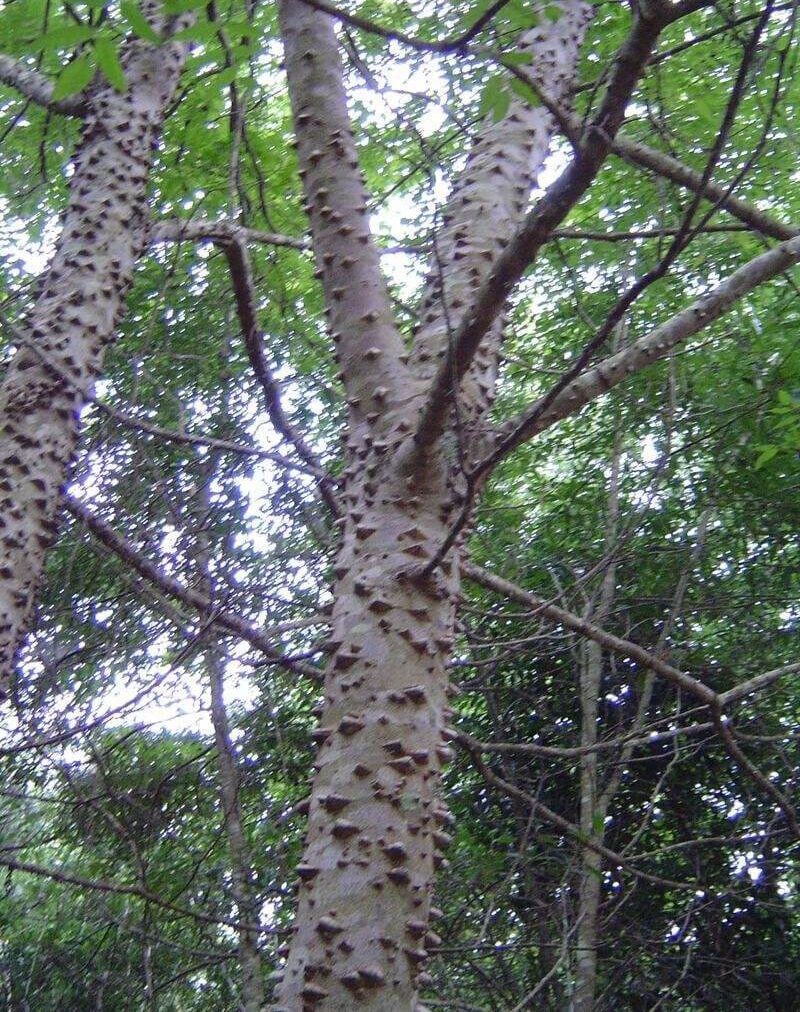
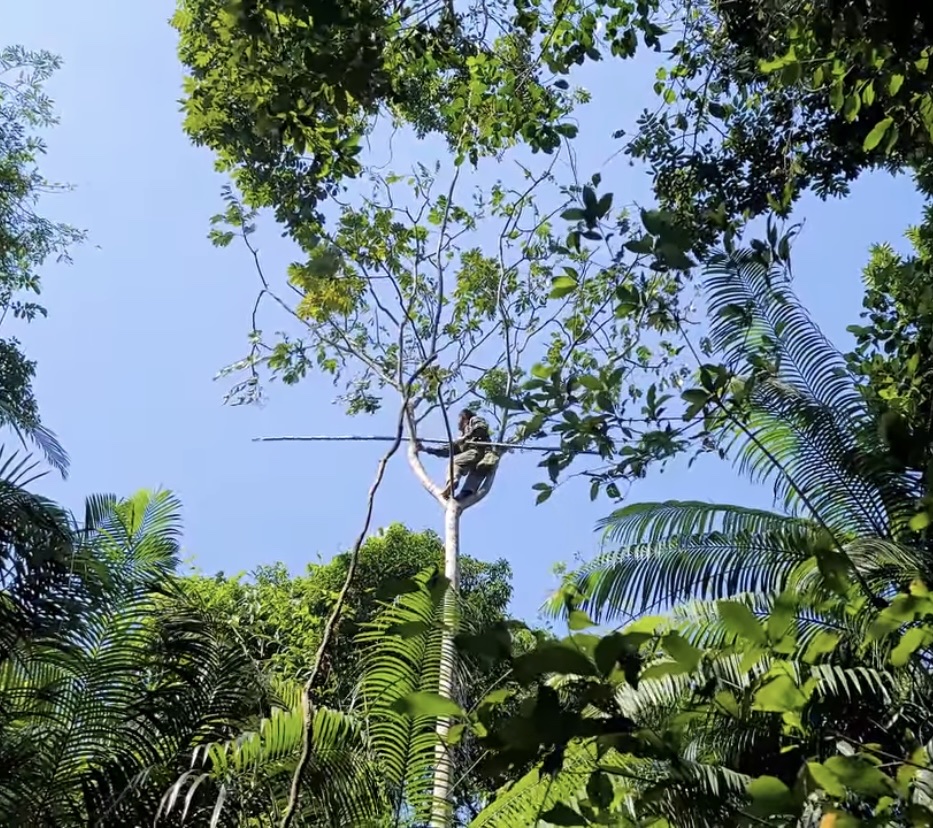
The taste of mac khen pepper is particularly special. Anyone who tries this wild pepper once is sure to remember it. Unlike typical black pepper, which is pungent and sharp, mac khen pepper offers a subtle aroma that evokes a refreshing sensation akin to being enveloped in essential oils during a spa treatment. When enjoying this exotic spice, one may first experience a tingle and slight bitterness on the tip of the tongue, followed by a delightful sweetness and fragrance that fills the mouth, creating a unique flavor experience that captivates the palate.
Some traditional dishes that showcase mac khen pepper include grilled fish marinated in a mixture of herbs and spices, and various meat stews where the pepper enhances the overall flavor profile. The Thai ethnic minority often prepares these dishes, illustrating the cultural significance of mac khen pepper in their gastronomy. The preparation of these traditional meals usually involves a careful selection of ingredients, combining them harmoniously to complement the fragrant notes of the wild pepper.
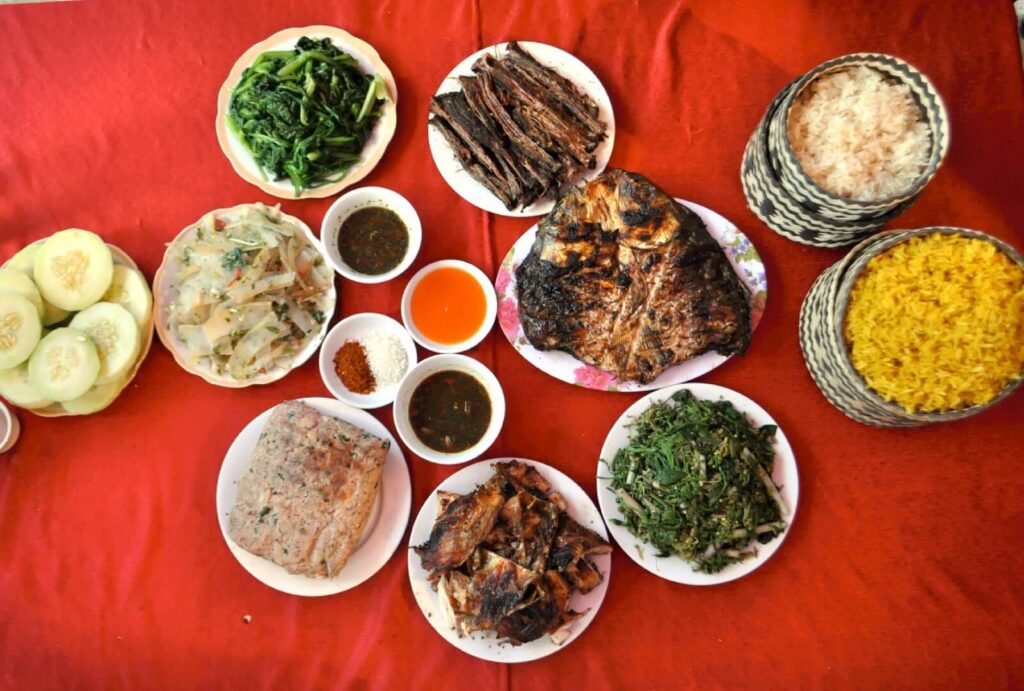
Maqaw/ Lemon pepper (Wild pepper) is scientifically known as Litsea Cubeba, belonging to the Lauraceae family. This is an evergreen tree , 5-12m high, usually growing in mountainous areas. It is native to Southeast Asia and China. The tree usually blooms in the spring and summer and get harvested during July-August. Its fruit is green and then turns black upon its ripe. The fruit size is similar to pepper, as such it is also called mountain pepper.

This fruit contains a lot of essential oil and is used as a spice thanks for its extremely attractive scent. Its aroma has a strange impact with great combination of aroma of lemon, lemongrass, ginger and mandarin as well. Just add a little Maqaw to any dish, it immediately smells. The taste of Maqaw is less intense and spicy than chili and regular pepper, it can be easily applied to a variety of dishes from baked ones to desserts.

Many chefs around the world have used May Chang as a spice and they especially like its taste. The New York Times once wrote about this spice as follows: “Maqaw is not only peppery, it’s deeply fragrant, with a scent of lemongrass and citron, making it sublime on delicate fish”. Or the prestigious Michelin Guide culinary magazine cited a chef’s review of this spice as follows: “Maqaw itself has a distinct ginger taste. If you add ginger to a bit of white pepper, star anise and Sichuan pepper, and mix them together, you’d get maqaw. Its aroma is so complex that it’s like mixed spice on its own, and it goes well with so many foods. There’s a lot of room for experimentation”.
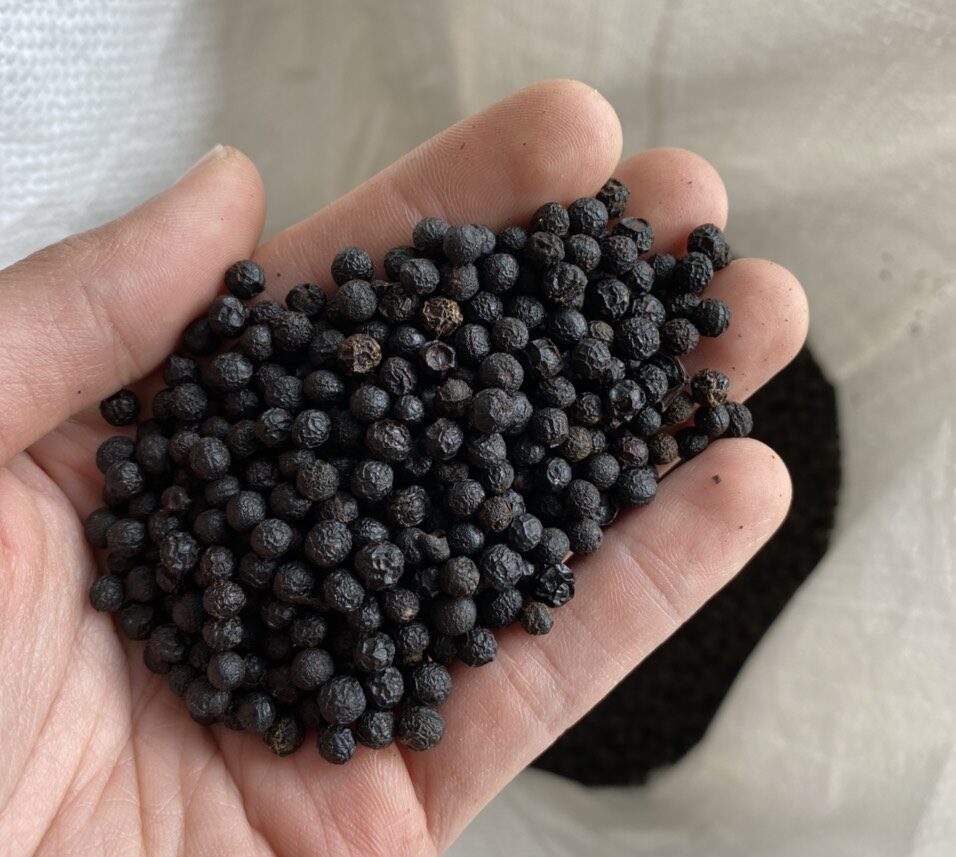
If you are interested in Doispice’s exotic spices, please feel free to contact us via email: info@doispice.com or whatsapp: +84 965184358. Thank you!

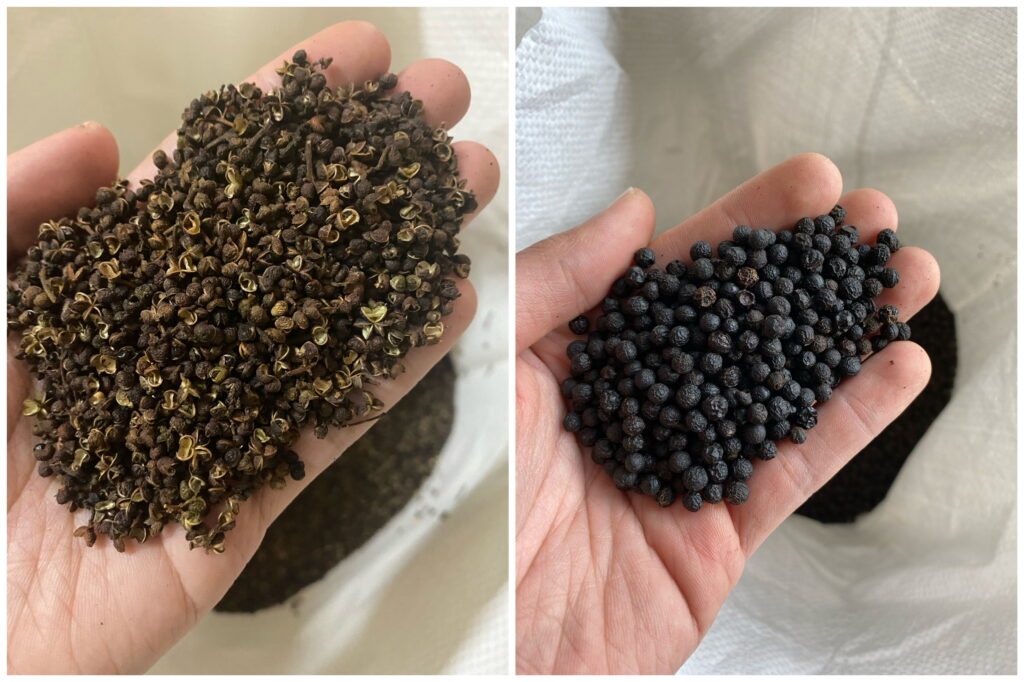
very good